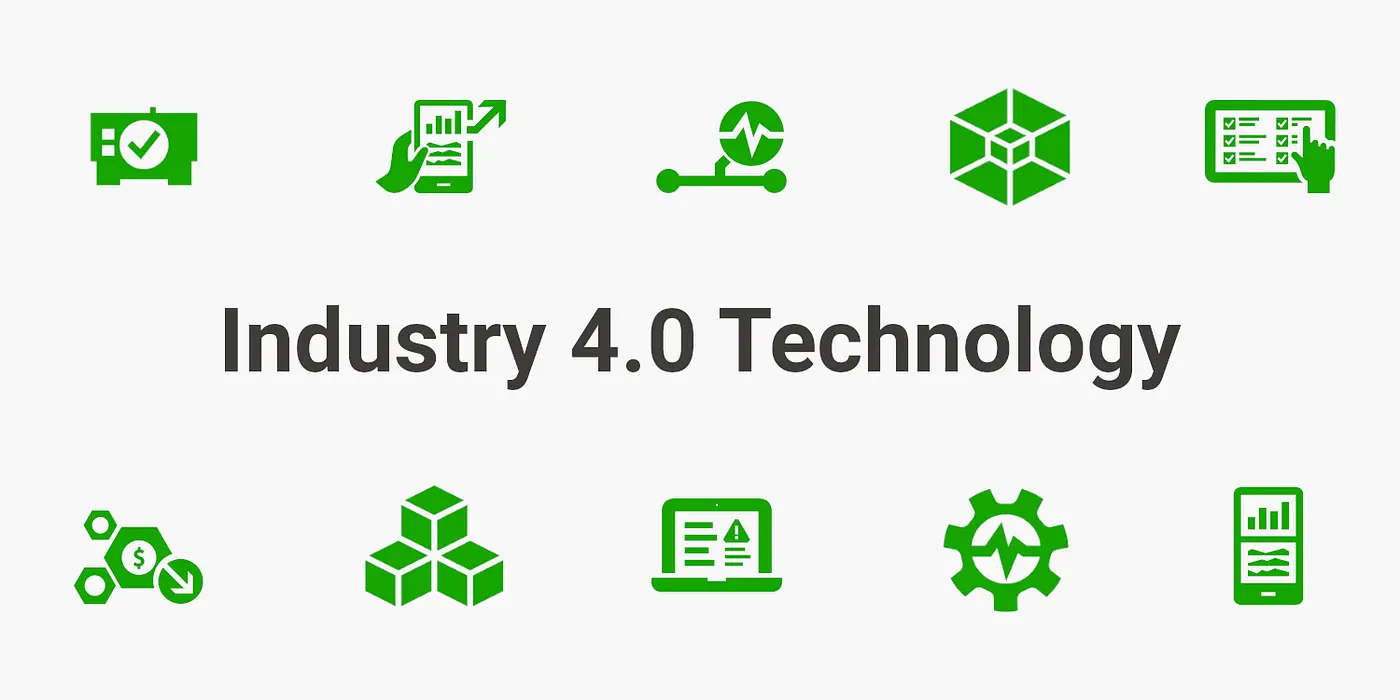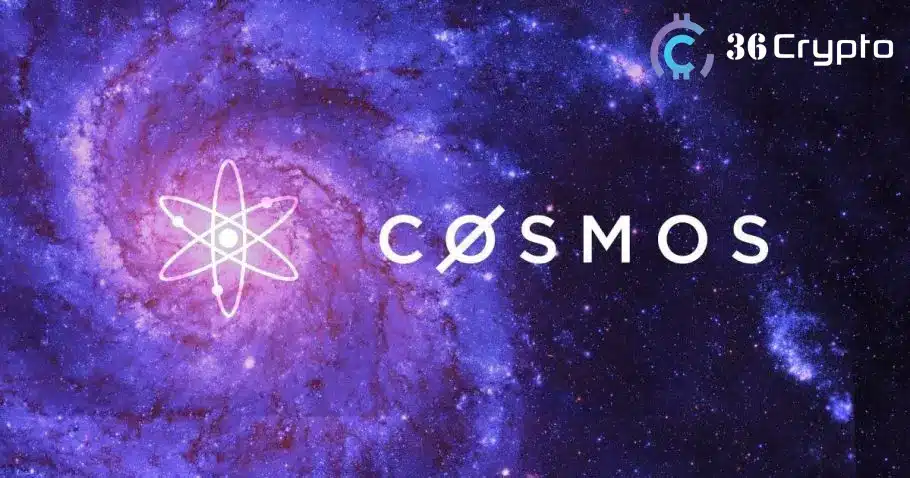Smart contracts have revolutionized various sectors by leveraging blockchain technology for secure and automated transactions. Within the Cosmos network, two notable tools facilitate smart contract functionality: CosmWasm and Ethermint. This article will delve into the workings of smart contracts within the Cosmos network, explore the features and applications of CosmWasm and Ethermint, and discuss the potential impact of these technologies.
Smart contracts play a crucial role within the Cosmos ecosystem, serving as a platform for communication and transactions between blockchains. These contracts are immutable programs that execute automatically based on predefined conditions. The Cosmos network provides two significant tools for smart contracts: CosmWasm and Ethermint.
What is CosmWasm
CosmWasm is a smart contract engine developed explicitly for the Cosmos network. It is built upon WebAssembly (Wasm) and enables the creation of high-performance and secure smart contracts. One of its notable features is language independence, allowing developers to write smart contracts in various programming languages such as Rust and C++. CosmWasm also provides a secure virtual machine environment and ensures scalability, making it suitable for creating efficient and scalable smart contracts.
What is Ethermint
Ethermint, on the other hand, is a Cosmos SDK module compatible with the Ethereum Virtual Machine (EVM). This compatibility enables smart contracts written for Ethereum to be executed within the Cosmos network. Ethermint offers seamless migration of existing Ethereum smart contracts to the Cosmos ecosystem. It inherits the high transaction speed provided by the Cosmos network and adheres to the modular nature of the Cosmos SDK, providing developers with flexibility.
The scope of application for these smart contract technologies is vast. In the decentralized finance (DeFi) space, both CosmWasm and Ethermint serve as excellent tools. Ethermint’s compatibility with Ethereum allows for easy porting of existing Ethereum DeFi projects to the Cosmos network.
CosmWasm’s high-performance and secure platform is ideal for applications involving non-fungible tokens (NFTs) and tokenization. Supply chain and logistics management can also benefit from the automation capabilities of smart contracts, with CosmWasm and Ethermint offering suitable tools for such projects.
Integration with Industry 4.0 Technology

Moving beyond smart contracts, Cosmos integration with Industry 4.0, the fourth industrial revolution characterized by the digitalization of production and operational processes, holds immense potential.
The modular structure, microservices, and Internet of Things (IoT) integration make Cosmos an ideal platform for industrial applications. The Tendermint consensus algorithm employed by Cosmos ensures high processing capacity and low latency, making it suitable for industrial use cases.
Blockchain technology, as utilized within Cosmos, provides robust data security solutions. Transactions recorded on the blockchain are decentralized and tamper-proof, making it ideal for ensuring data integrity in Industry 4.0 scenarios such as intellectual property rights protection and supply chain management.
The modular structure and microservices architecture of Cosmos offers scalability and reusability. By combining services that perform similar functions, microservices enhance the reusability of components, particularly in large-scale projects.
Moreover, the modular structure brings system flexibility, allowing isolated resolution of errors in specific microservices without affecting the entire system.
Integrating Cosmos with IoT technologies opens up various possibilities in Industry 4.0. For instance, smart contracts can be leveraged for quality control mechanisms during production processes.
If products fail to meet specific quality standards, smart contracts can halt production automatically. Furthermore, Cosmos provides secure digital identity verification, an essential requirement in an increasingly digitized industrial landscape.
By securely integrating data from different sources, Cosmos ensures transparency and traceability throughout the supply chain and production processes.
What’s more?

In the context of innovative city projects, Cosmos and IoT integration can facilitate the monitoring and managing of traffic, energy consumption, and environmental factors on an integrated platform. In the healthcare industry, IoT devices can be effectively managed within the secure and decentralized structure provided by Cosmos. Remote monitoring and diagnostics can benefit from the capabilities offered by IoT and Cosmos integration.
Looking to the future, Cosmos is poised to play a significant role in Industry 4.0 projects and expedite digital transformation in this domain. Its flexible and scalable solutions, coupled with integrating microservices and IoT technologies, position it as a vital component of the digital transformation journey. The adoption of Cosmos in Industry 4.0 and related application areas is expected to increase in the coming years, propelling the realization of Industry 4.0’s full potential.
Conclusion
Ultimately, Cosmos, through its tools like CosmWasm and Ethermint, provides a robust infrastructure for the execution of smart contracts within its network. Integrating microservices and IoT technologies further enhances its capabilities, making it suitable for Industry 4.0 applications. With its secure and scalable solutions, Cosmos has the potential to revolutionize various sectors and accelerate digital transformation in Industry 4.0 and beyond.
Read More:
